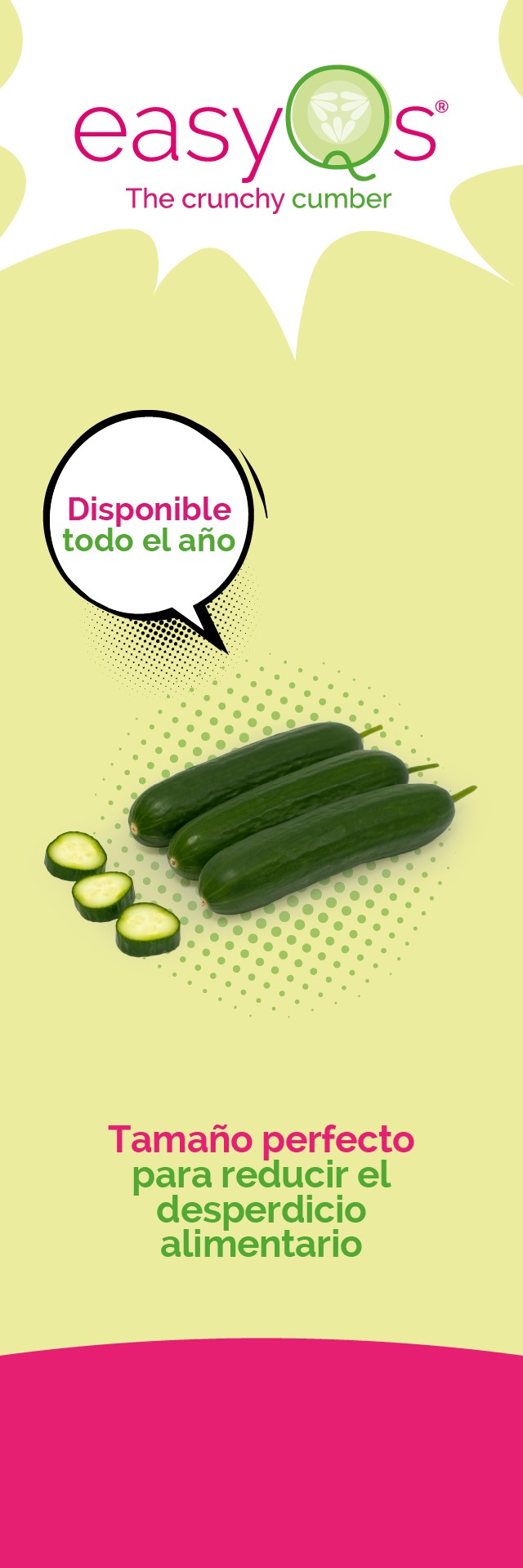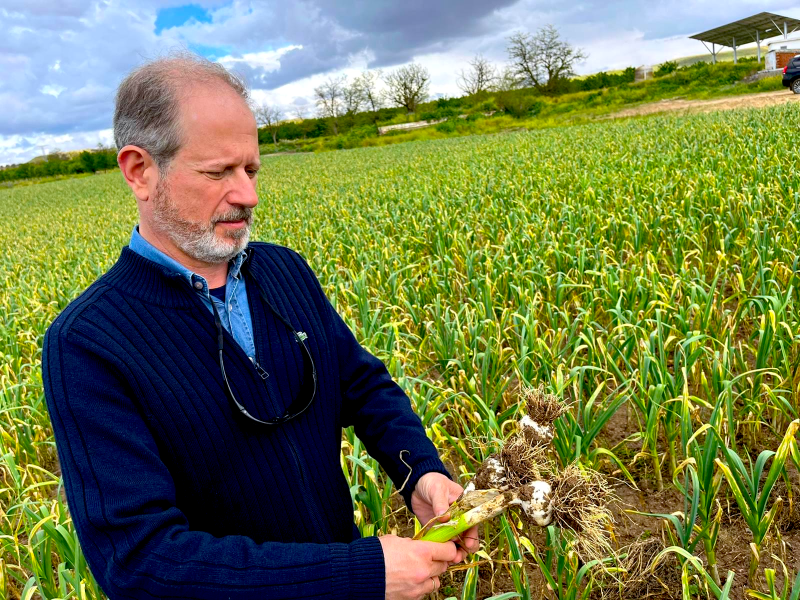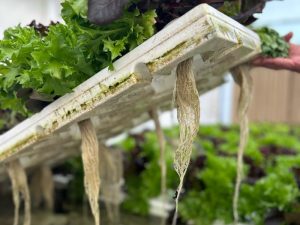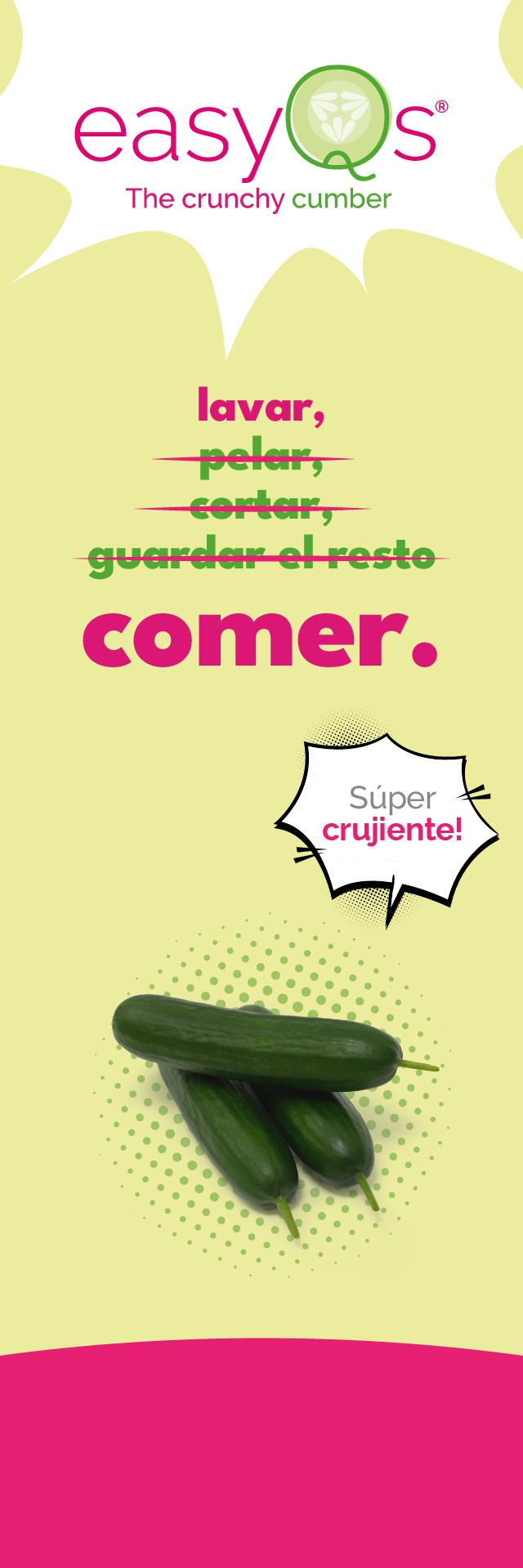Koppert is attending Fruit Attraction (9E24) with a complete catalogue of biological solutions that are effective on both covered and open-air crops. In the current context of reducing synthesised pesticides and increasing resistances, Koppert is an essential collaborator for producers to be able to face up to the new challenges: emerging pests, climate change and drought. “Over 50 years of experience and our important capacity for innovation turn us into the safest and most effective biological alternative. We offer unbeatable quality and continuous technical assessment, adapted to each case,” Juan Miguel Rodríguez, Sales Manager at Koppert España explains.
Control of soil diseases
Hundreds of producers in Spain have already placed their trust in the biofungicide Trianum. Based on the beneficial fungus Trichodermaharzianum T-22, it controls Pythium, Rhizoctonia and Fusarium both under glass and in the open air. “Its effectiveness is comparable to that of a chemical fungicide, but it makes the plant more resistant to stress. It aids the development of a healthy root system, and it improves the absorption of water and nutrients, stimulating plant growth,” according to José Miguel Fernández, Product Manager for Microbiological Products. “Available in different formulations, Trianum-P may be applied using irrigation or granulated Trianum-G, directly onto the soil.”
Koppert has the largest micro-organism production plant in Europe and its solutions are revolutionising the control of the most common pests in the fields. For example, the bio-insecticide Mycotal, based on the beneficial fungus Lecanicilliummuscarium Ve6, which has shown its high efficiency against white fly in greenhouses.
Beneficial nematodes
The company’s beneficial nematodes are a foolproof remedy for controlling leaf and soil pests. Thanks to the formulation, they remain in a dormant state until mixed with water. Once activated, they hunt their prey, turning them into parasites, feeding on them and killing them in a question of hours. Highly versatile, they protect against Lepidoptera, wireworms, fly larvae and beetles on fruit and vegetable crops. Excellent results have also been confirmed against leaf pests, particularly against caterpillars, such as Tuta absoluta.


















